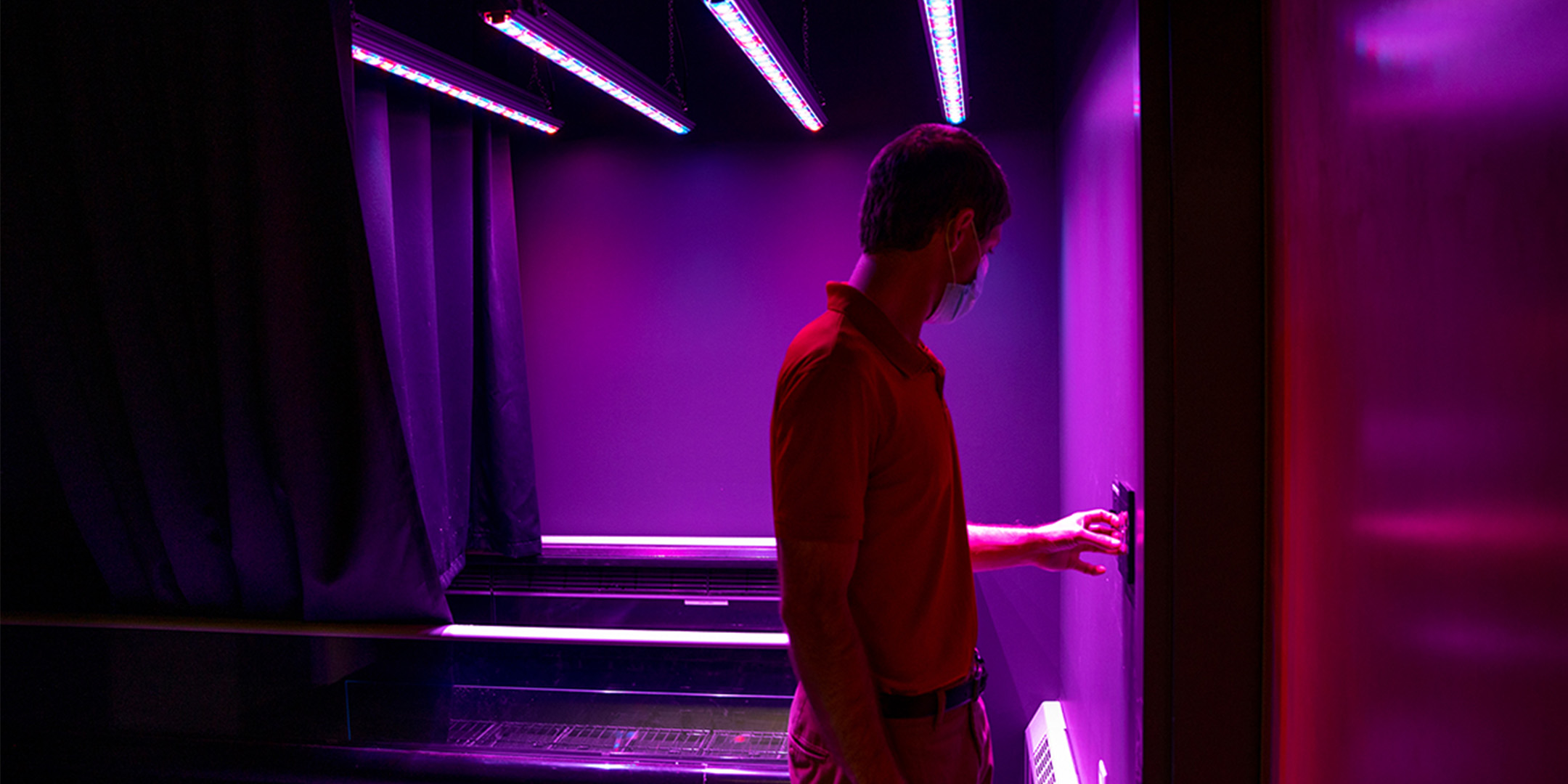
Micah Robinson ’23, MSx’25 walked into the Biological Systems Engineering Shop with one goal: to make “cool stuff.” Thanks to the Martin E. and Kathleen M. Burkhardt Fund, he did just that — and more. Over the course of two years as a work-study student in the College of Agricultural and Life Sciences (CALS), Robinson mastered lathes, mills, welders, and 3-D printers, and while he built stuff, he was also building confidence and problem-solving skills that textbooks alone couldn’t teach. He designed and fabricated a 20-inch-wide sheet metal roller from scratch — a feat of engineering that reflects both technical skill and creative vision.
“I looked at all the machines in the shop, and thought, ‘Wow, if I knew how to use them, I could do so many things — the sky would be the limit,’ ” Robinson says. “Getting that work-study assistance has made me much more confident and boosted my problem-solving ability.”
The Burkhardt fund, established nearly three decades ago by UW alumni Martin ’60, ’61, MS’64 and Kathleen ’60 Burkhardt, supports students like Robinson in gaining real-world experience through paid shop work. Rooted in the couple’s rural Wisconsin upbringing and Martin’s own hands-on education, the fund emphasizes learning through doing and prioritizes in-state students from rural communities who are studying in CALS.
That same spirit of practical learning lives on in the Kauffman Experiential Learning Fund, which supports CALS undergraduates in the meat science and animal biologics discovery program. Named for the late Professor Robert Kauffman — a legendary mentor known for his immersive field trips and novel teaching style — the fund helps students explore meat science beyond the classroom. Whether working in Bucky’s Varsity Meats, working on an independent research project, or working with industry partners through an internship, students gain the kind of applied insight that shapes careers.
“Kauffman particularly enjoyed providing unusual kinds of learning experiences,” says Dan Schaefer ’73, MS’75, a professor emeritus of animal nutrition who studied with Kauffman. “He always thought that the learning outside of the classroom was just as important, if not more important, than simply lecturing to students.”
Together, the Burkhardt and Kauffman funds form a robust continuum of support for CALS students. One empowers future engineers to build machines that transform agriculture, and the other equips aspiring scientists to innovate in food safety and animal health. Both funds honor the legacy of hands-on learning, a foundational element of a CALS education. The blend of lectures, labs, shops, and real-world settings gives students the experiences to excel beyond UW–Madison.
For students like Robinson, these opportunities don’t just teach skills — they ignite passions, build confidence, and carry forward a tradition of hands-on excellence that defines the Wisconsin Experience.
